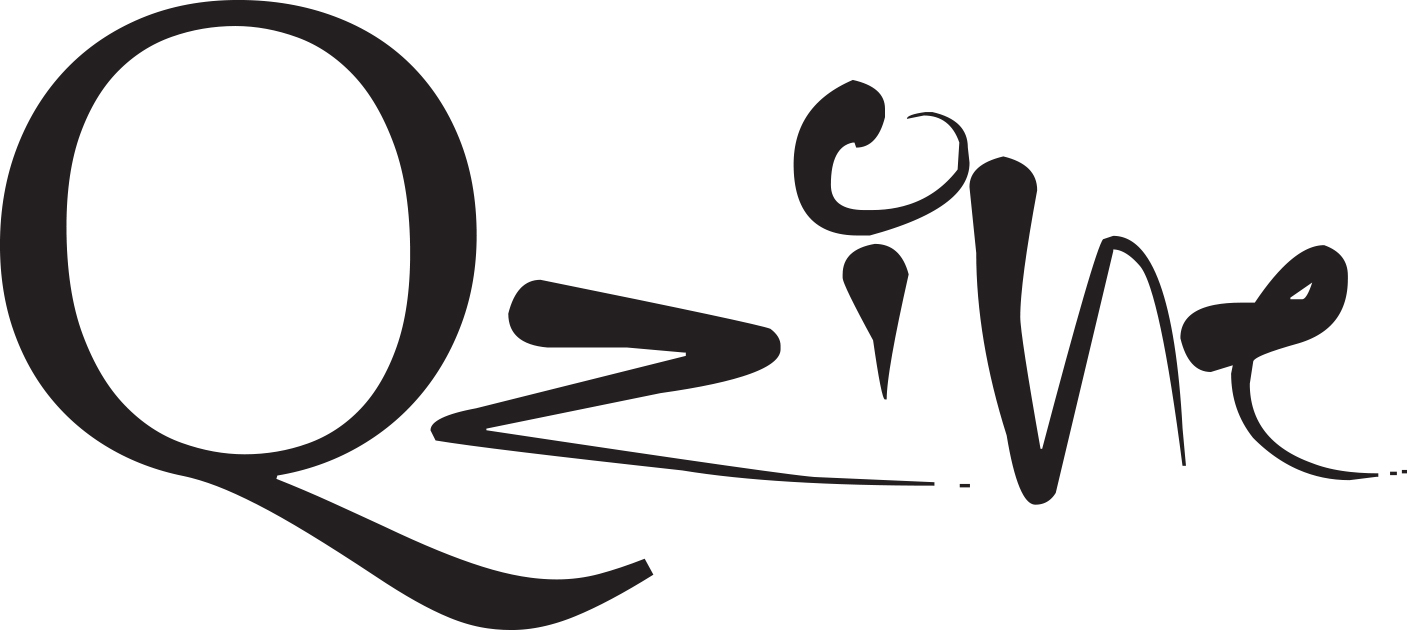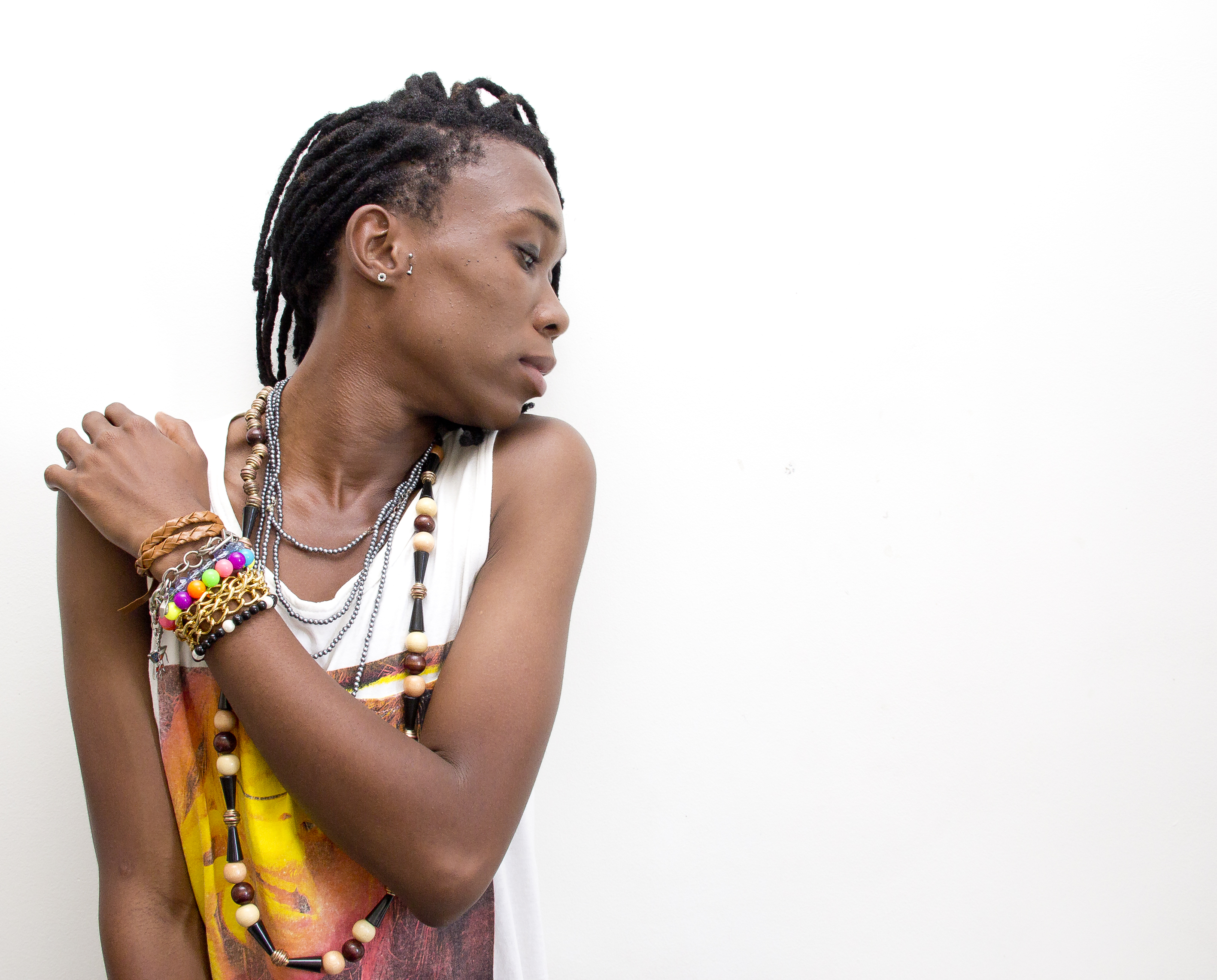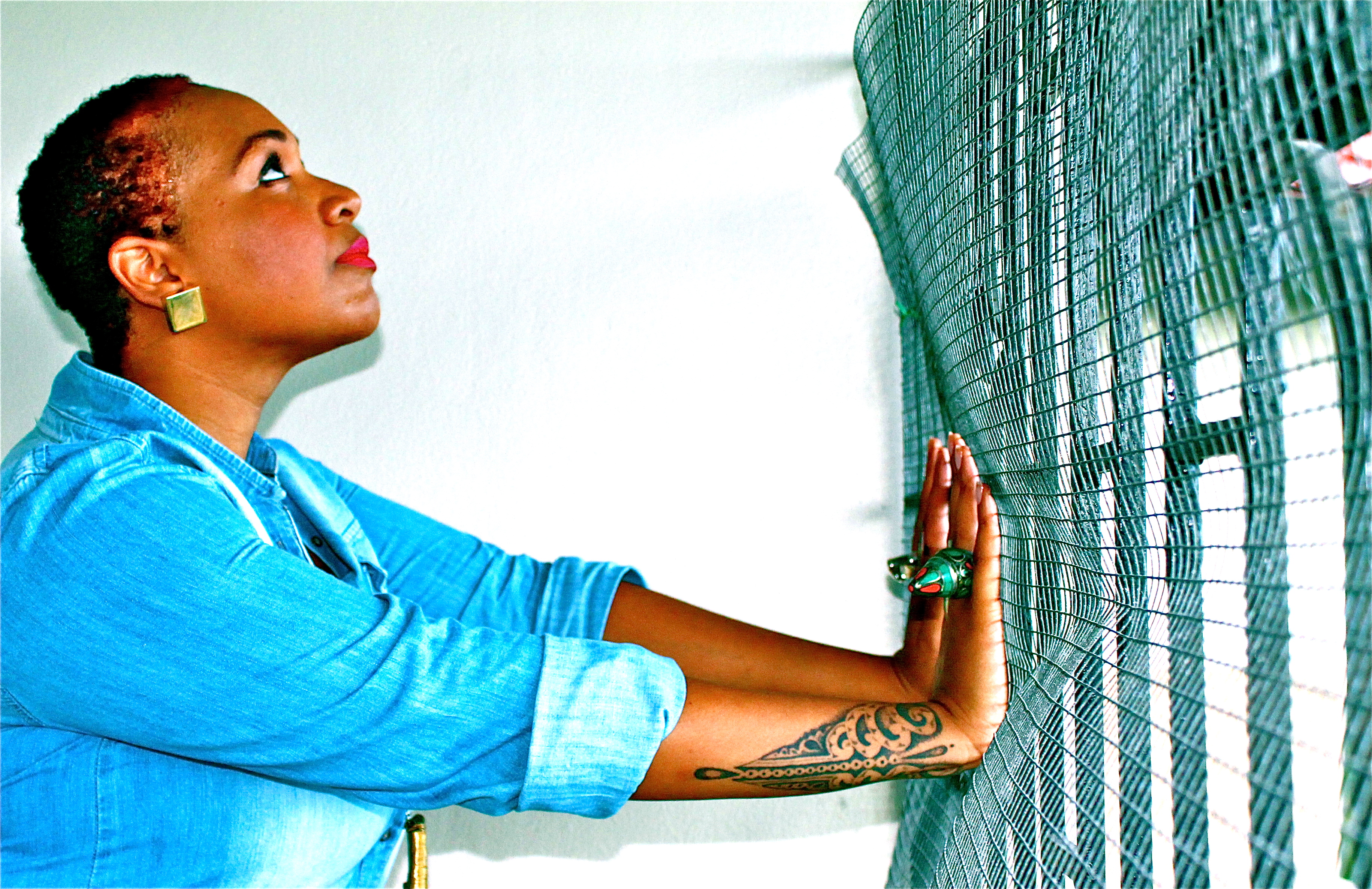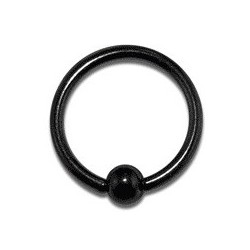‘Unexpected’ Places
By Brogan Luke Geurts. Photo by Mariam Armisen
I walked into the office after lunch one afternoon, just like any other day, a little tired and a little hot thinking about what I needed to finish in the next few hours. As I walked into the smaller room most of us shared, I heard one of my female colleagues telling what was clearly an interesting story to a few others.
She had recently just attended yet another training on data management. Somehow LGBT rights entered a discussion during the training, recognizing us as often forgotten about, which seemed to create a sort of epiphany for her. As the conversation progressed, it came up what she personally thought, in which she iterated, “Personally, it is not with my religion but they are humans and have human rights so we should protect them.” They should be able to live free, healthy, dignified lives.
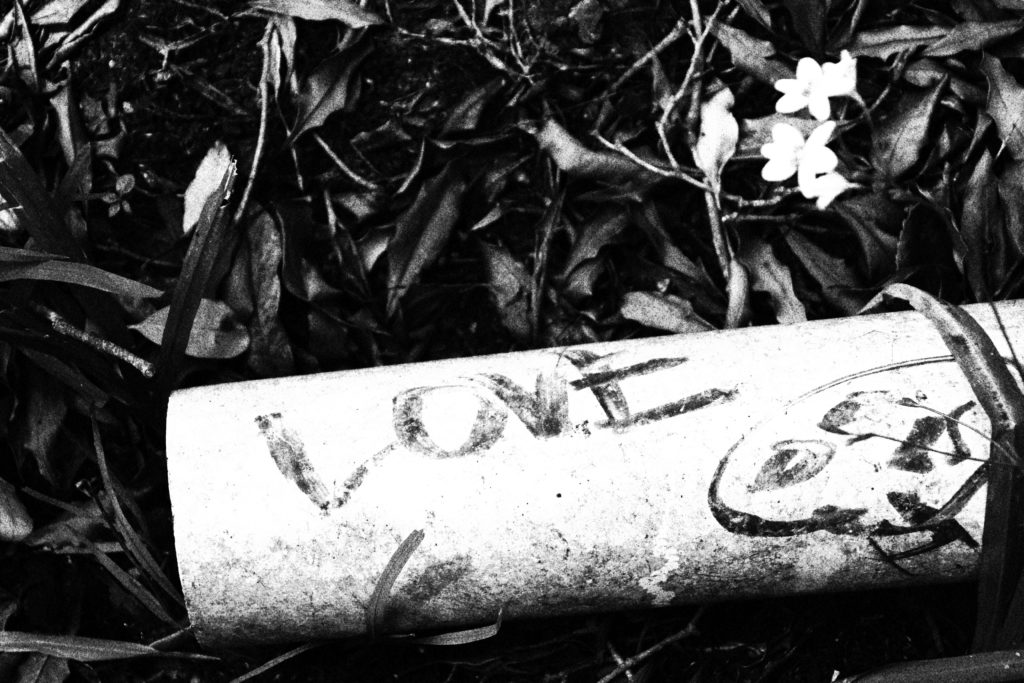
At the time it was about four months after I started a new internship in a Kenyan organization working with people who use drugs and with prisoners. I was only out to friends in distant countries.
As the conversation turned, she argued a bit with both our male and female colleagues, including the other person who had attended the training. Yet she continued to vocalize her somewhat positive opinion. Although expected for the conversation to turn to a discussion about religion and ‘morality’ it turned purely to a discussion about human rights.
A woman who I knew as a strong activist and one you really shouldn’t try and argue with; but also a woman who was one of the few Muslim women in the office who also wore a niqab when she went out. For most of my life people have continued to try and teach me that not only Muslim women but particularly Muslim women who wear a niqab, cannot support us as queers and definitely cannot be feminists. I always tried to resist and unlearn such ideas, yet I still remained a bit surprised to witness her conviction.
Her conviction became one the most profound and inspiring acts of love for myself personally; one that still deeply resonates with me today. I had found love in a place I honestly never expected. She was overtly breaking strict patriarchal and societal norms to show love even if it was “not part of her religion”, which in my mind is revolutionary. There were other colleagues who shared similar viewpoints, Muslim, Christian, men and women but none of them vocalized it in the same way.
It wasn’t the first time I had heard someone discuss LGBT, particularly gay and trans issues in the office. Even on my first day they were mentioned, but always connected to MSM, MARPS, HIV, sex work, data or an outreach target group; that was all, nothing more. For the first time I was hearing my colleagues discuss LGBT issues without that same stigmatizing context but in a purely human rights context. There was no sensational media story or neo-colonialist donor requirement prompting this discussion but it was of their own accord.
In the coming months this one conversation spurred further dialogue and recognition. Even though probably more rhetorical in their nature, some colleagues began to ask why are we were not doing more to support LGBT people or how we could be more inclusive. As a group practicing harm reduction with often those who are criminalized, I believe some could realize the deep impacts state violence and stigmatization has on those of us who are pushed to the fringes of society in one way or another. They knew that one must show unconditional love as the best means of support. They knew standing up for these individuals and rejecting societal notions is revolutionary, staying sensitive and not representing their experiences but letting them represent their own experiences is revolutionary.
It was months later that I fully realized what impact this had, two years later this single experience still stands out in my mind. In fact it would become one of the redefining moments of my own identity that I was questioning at the time as well as my ever-changing understanding of love, activism, solidarity, and (micro) revolutions.
Finding that revolutionary love in such a place I didn’t necessarily expect gave me the confidence to be comfortable with who I am as a queer person. As queers we are often taught that we are inherently weak, sick, worthless, that our lives do not matter, that we are not vital, but this taught me to fight, resist and unlearn such ideas. As queers we possess a limitless amount of stories where we hoped to find love but rather found rejection, and although the opinion expressed wasn’t the most ideal, positive, or accepting it still felt revolutionary. It reminded me what I am fighting for, of my privilege, the importance of love, and that sometimes to look in ‘unexpected’ or even strange places.
After that afternoon she became one of my closest friends. At times I would feel more comfortable being in the company of this “unexpected” love rather than that of my ‘accepting’ colleagues from European countries. I liked going to work even more. I remember contemplating coming out to my colleagues thinking that they wouldn’t really mind, that there was possibly space for my identity, but in reality I never really felt fully comfortable or secure enough to proudly declare my identity, as I should have.
